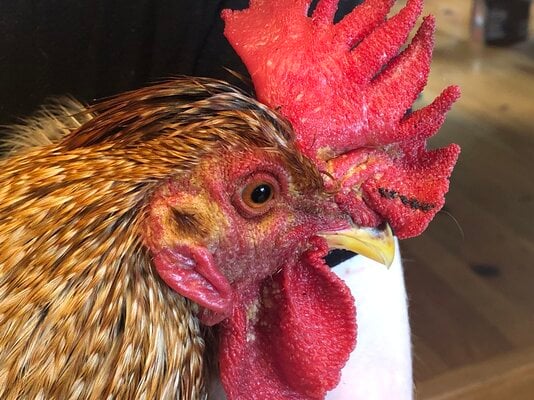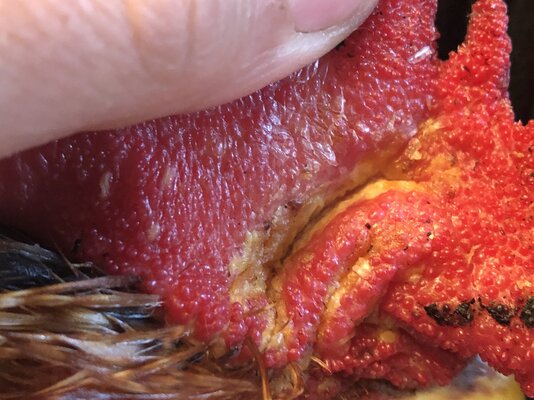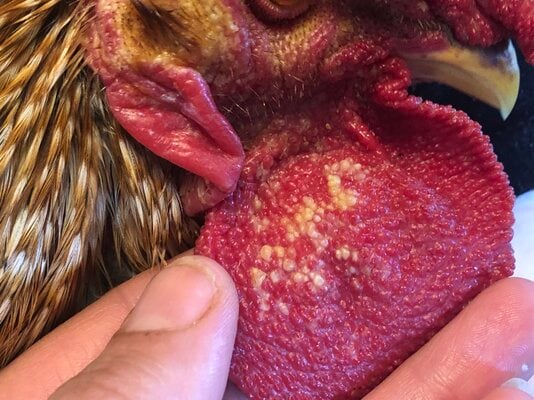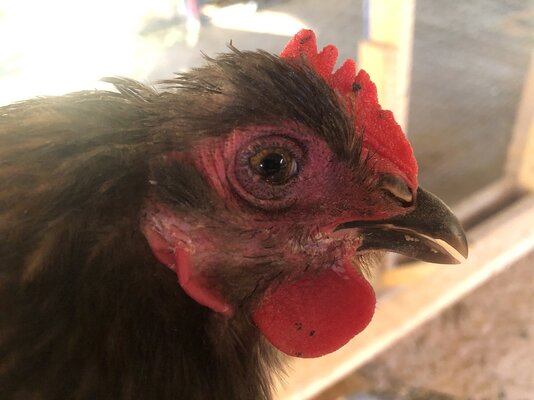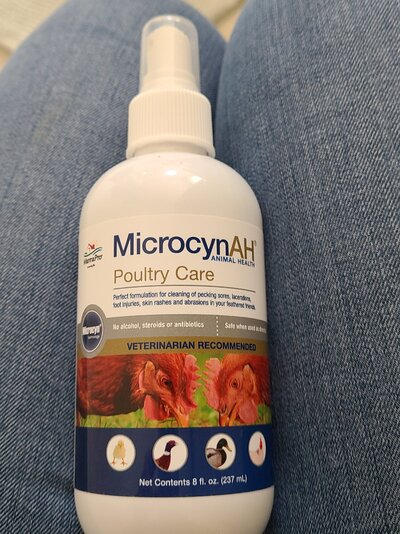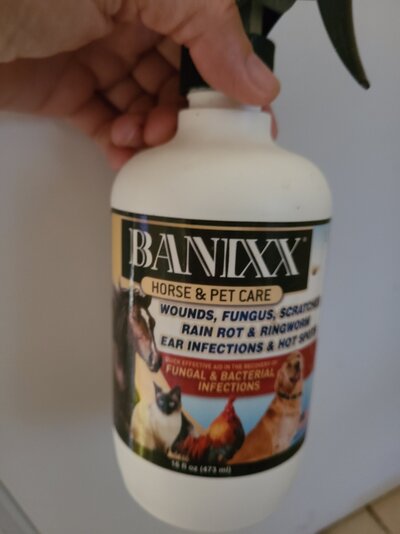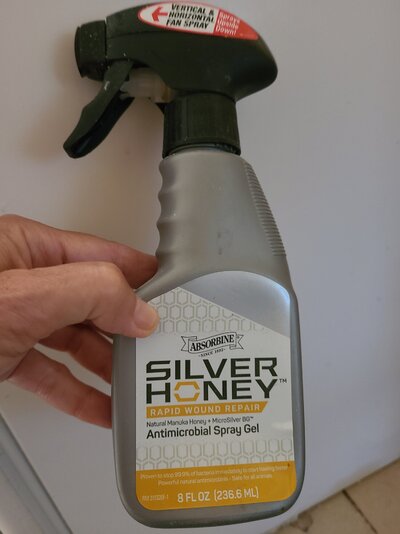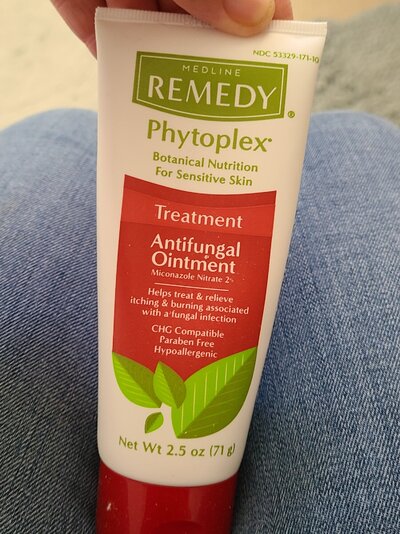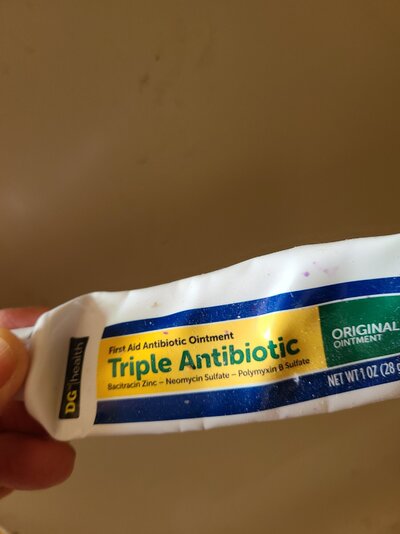MaggieRose2001
Songster
I have been searching the web and this site and can’t seem to find a diagnosis. It started out with a move to a new house and barn. We cleaned and disinfected the barn and moved everyone in. At first everyone was doing great. Then one month in everyone stopped laying. Not just slowed down - but entirely. I didn’t know what was going on. Eventually I thought maybe parasites so I dewormed. No improvement and since then only gotten worse.
SYMPTOMS
MAYBE MITES
I see them shaking their heads and scratching at their heads with their feet and some also have raised scales on their legs. So I have been treating for that - coconut oil on face, Vicks on legs, garlic and essential oil spray under wings & on neck and oil gland. (Although, I have never actually seen any mites - on them or me or in the coop).
FLAKY SKIN / FUNGUS
However, when I picked them up to treat them - I noticed about 1/2 of them had flaking yellowish skin on their face. Like they got sunburned and were peeling. 1 hen has yellow patches on her skin and my rooster has it in his wattles and comb as well as face. I’m thinking fungus? Is the peeling flaking skin related to the yellow? Is this related to the mites?
ON DEATHS DOOR
Also, I have 1 hen that is REALLY SICK and I have no idea what’s wrong with her. Her face was swollen (it has gone down) she doesn’t move and when she tries her MUSCLES QUAKE (like after you’ve done 100 squats). Now 2 more hens have SWOLLEN EYES. 3 other hens are slightly ill - hunched and not moving around much. 1 has BUMBLEFOOT and another couple are limping. Is this all related or am I dealing with multiple issues? I can’t find anything on the web with these symptoms.
There is NO respiratory anything, NO Oozing or puss or discharge from noses or eyes or mouths, NO thrush, NO grey pupils, NO purple combs
I’m at a total loss. I’m feeling hopeless and I really hope someone can help.
Thanks for your feedback. Pictures are of the rooster. His face is what the hens face looks like.
The other picture is flaking skin on chickens face.
Tomorrow I will get picture of swollen faces.
SYMPTOMS
MAYBE MITES
I see them shaking their heads and scratching at their heads with their feet and some also have raised scales on their legs. So I have been treating for that - coconut oil on face, Vicks on legs, garlic and essential oil spray under wings & on neck and oil gland. (Although, I have never actually seen any mites - on them or me or in the coop).
FLAKY SKIN / FUNGUS
However, when I picked them up to treat them - I noticed about 1/2 of them had flaking yellowish skin on their face. Like they got sunburned and were peeling. 1 hen has yellow patches on her skin and my rooster has it in his wattles and comb as well as face. I’m thinking fungus? Is the peeling flaking skin related to the yellow? Is this related to the mites?
ON DEATHS DOOR
Also, I have 1 hen that is REALLY SICK and I have no idea what’s wrong with her. Her face was swollen (it has gone down) she doesn’t move and when she tries her MUSCLES QUAKE (like after you’ve done 100 squats). Now 2 more hens have SWOLLEN EYES. 3 other hens are slightly ill - hunched and not moving around much. 1 has BUMBLEFOOT and another couple are limping. Is this all related or am I dealing with multiple issues? I can’t find anything on the web with these symptoms.
There is NO respiratory anything, NO Oozing or puss or discharge from noses or eyes or mouths, NO thrush, NO grey pupils, NO purple combs
I’m at a total loss. I’m feeling hopeless and I really hope someone can help.
Thanks for your feedback. Pictures are of the rooster. His face is what the hens face looks like.
The other picture is flaking skin on chickens face.
Tomorrow I will get picture of swollen faces.
Attachments
Last edited:

